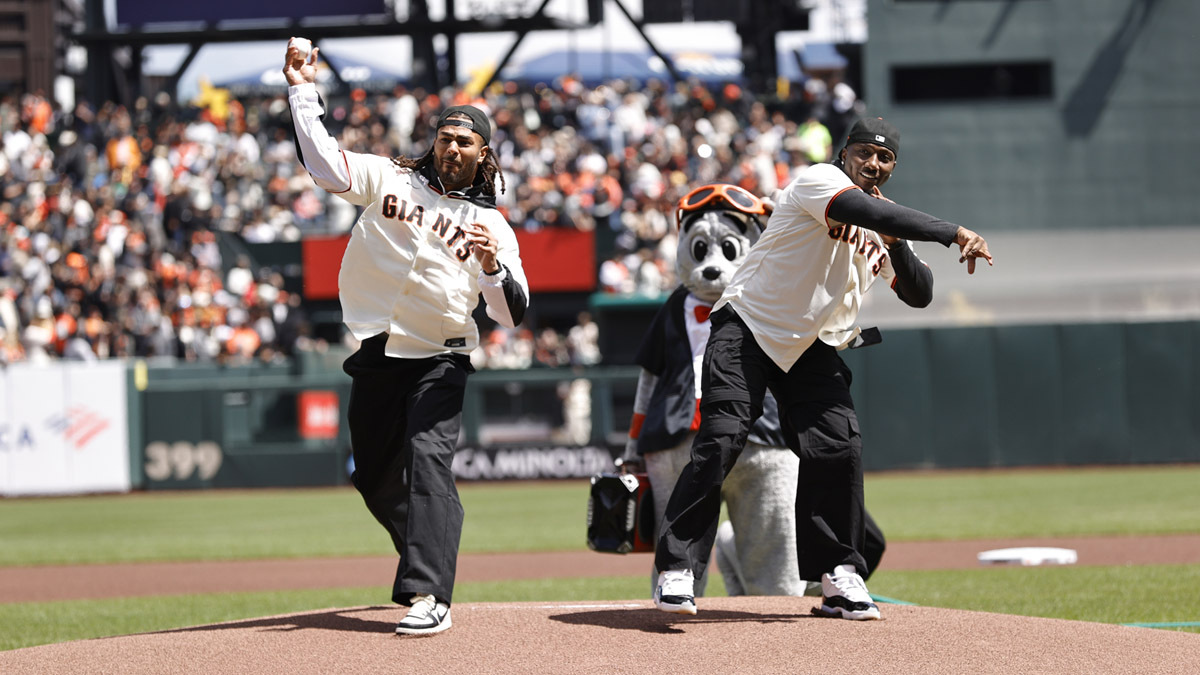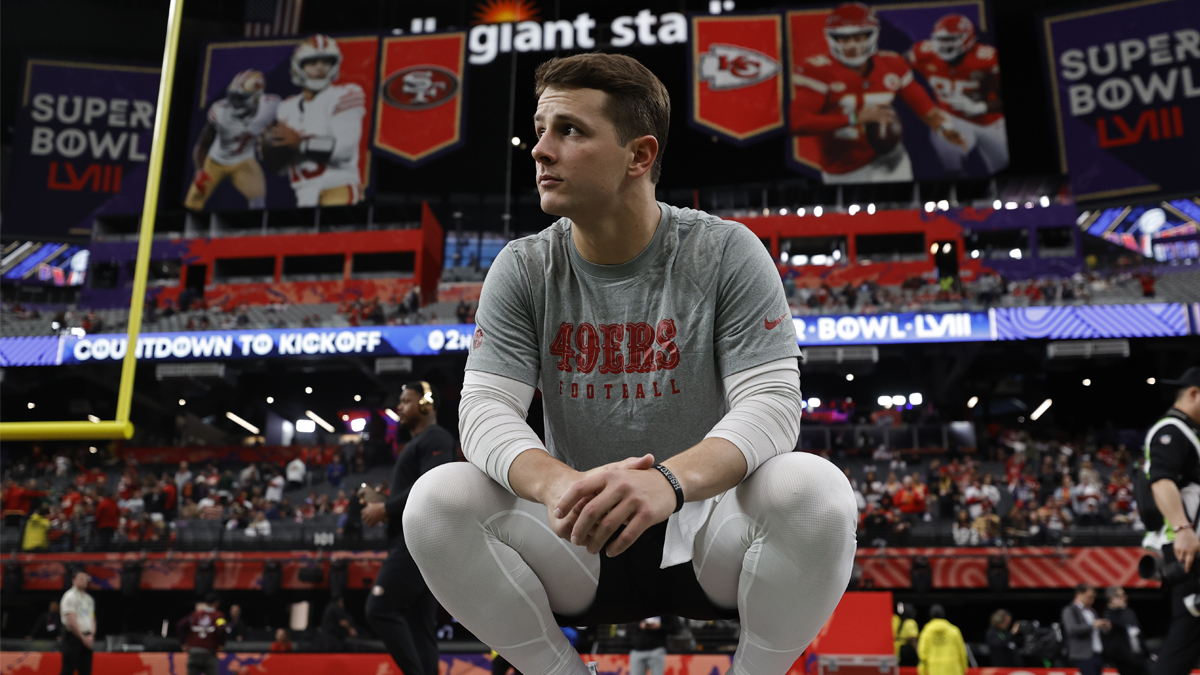John Lynch’s Hearts And Minds tour as the newest general manager of the San Francisco 49ers began Monday with a conference call that affirmed . . . well, that no matter what others may think, he’s still taking the job.
And in fact, he said no fewer than eight times how excited he is to have the job. Which, frankly, is what you’d want from a new hire -- especially one who has been portrayed in public as the last meal in the restaurant based on the number of candidates who turned down the job.
Lynch, the mega-surprise choice to fill Trent Baalke’s cushy office and the mess that issued forth from within, handled his first presser with expected deftness, volleying comfortably though without much specificity on most subjects. He did acknowledge that his entrée into the job was a long talk with Kyle Shanahan, whom he was careful not to confirm as his coach, in which their cultural visions seemed to mesh enough to convince Shanahan to pitch Lynch to Jed York.
Stay in the game with the latest updates on your beloved Bay Area and California sports teams! Sign up here for our All Access Daily newsletter.
And after interviews and vetting that Lynch said he insisted upon, he won York over despite the seeming disqualifier of his prosciutto-thin resume. Up until now, for example, his closest brush with football finances is when he was told by then-Tampa Bay general manager Bruce Allen that his contract would not be restructured and that he had to leave the Bucs . . . whereupon he put in four more valuable seasons in Denver and met Mike Shanahan, who begat Kyle, thereby creating the beginning of the newest era in 49er history.
And he embraced the counter-intuitive nature of his hire as his lot in life, from his start at Stanford as a baseball player (he would eventually be the first official pitcher for the Florida Marlins while playing for the minor league Erie Sailors) who was convinced by Bill Walsh that he could become a Pro Bowl safety if he played football exclusively.
And now, amazingly, there is this stranger than strange turn.
Lynch acknowledged that he will be reporting directly to taking his orders, such as they are, directly from York rather than Paraag Marathe, though he did acknowledge Marathe’s reputation for negotiating and budgetary skill. He was less expansive about what his duties would specifically entail, even down to who controlled the 53-man roster, as Baalke did during his tenure. Presumably he and Shanahan will collaborate more amicably than Baalke and Jim Harbaugh, just as it is likely that he will be more amenable to the idea of the general public than Baalke was, since Lynch's interviewing skills clearly mesmerized York enough to win the job.
San Francisco 49ers
Lynch also said that despite his dearth of suit-based experience (he rose to the lofty positions of Pro Bowl safety and Hall of Fame finalist while being wholly unburdened by the weight of front office training), he studied the parameters of the job under John Elway in Denver – who in fairness was dealing with a far more solid operation than Lynch inherits.
“The best case is John,” Lynch said. “ We both went to Stanford, he looked out for me when I got to Denver, and he’s become one of my closest friends. I feel fortunate to have watched the job he did with the organization.”
He also said more than once that “I know what I don’t know,” which is the sentence that will most likely define him, but he defended his base of knowledge.
“I know football,” he said, “I’ll put my football acumen up against anyone in the game. And I know how to lead.”
Lynch reminded the gaggle of conference-call eavesdroppers that he came to an organization in Tampa in 1993 that had lost for 10 consecutive seasons and would for six more after he got there before finally winning the Super Bowl in 2003.
But for Lynch, the devil of knowing his level of quality will be in the details. As he wanted media silence so that he could evaluate the job in relative peace, he was vague on his post-employment parameters, including his future staff both in-house and not yet accumulated. He did acknowledge and single out 49er senior personnel executive Tom Gamble as an invaluable resource, and he was equally opaque on his overarching vision save “competing,” “being aggressive,” “working hard,” and “attacking.”
But until he’s gotten a season or two nailed to his headboard (remember, it took Reggie McKenzie four years to reverse the foundering S.S. Raider), all we know is that he “knows what he doesn’t know.” That sentence will define him in the short term, while tidying up the disarray of the 49ers is entirely a longterm job. How quickly he changes the ratio of what he knows from what he doesn’t will determine if this was Jed York’s most inspired idea, or the desperate flail of a man who has no intention of acknowledging what he doesn’t know.


